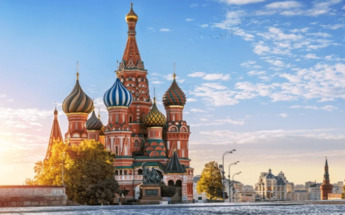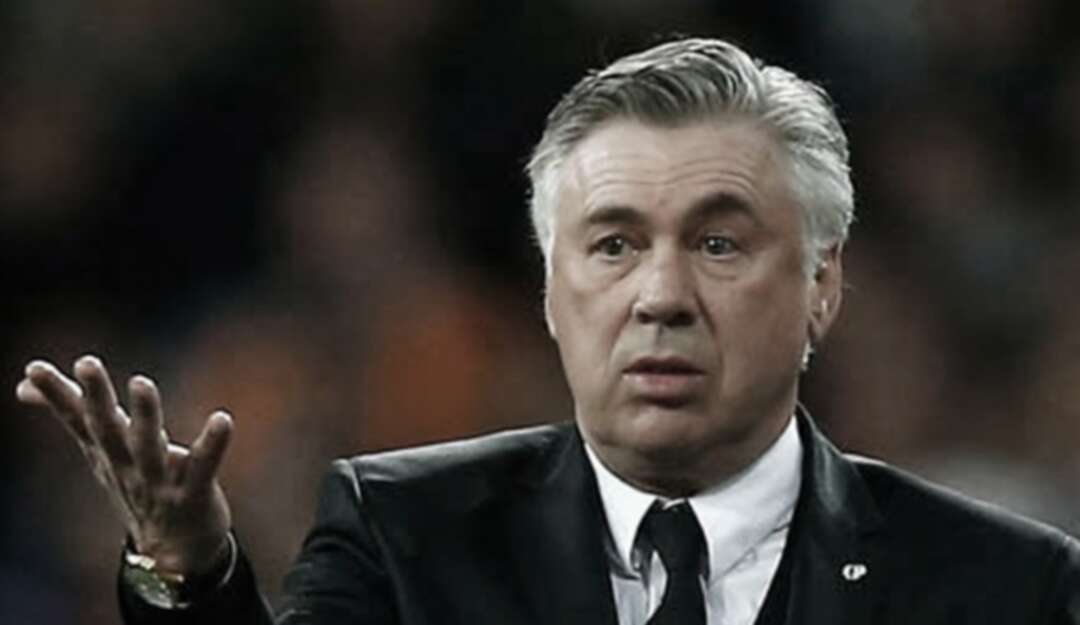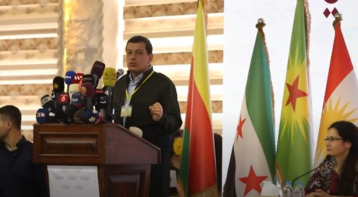-
Germany, Scandinavian countries fail to agree on tourist visa ban for Russians
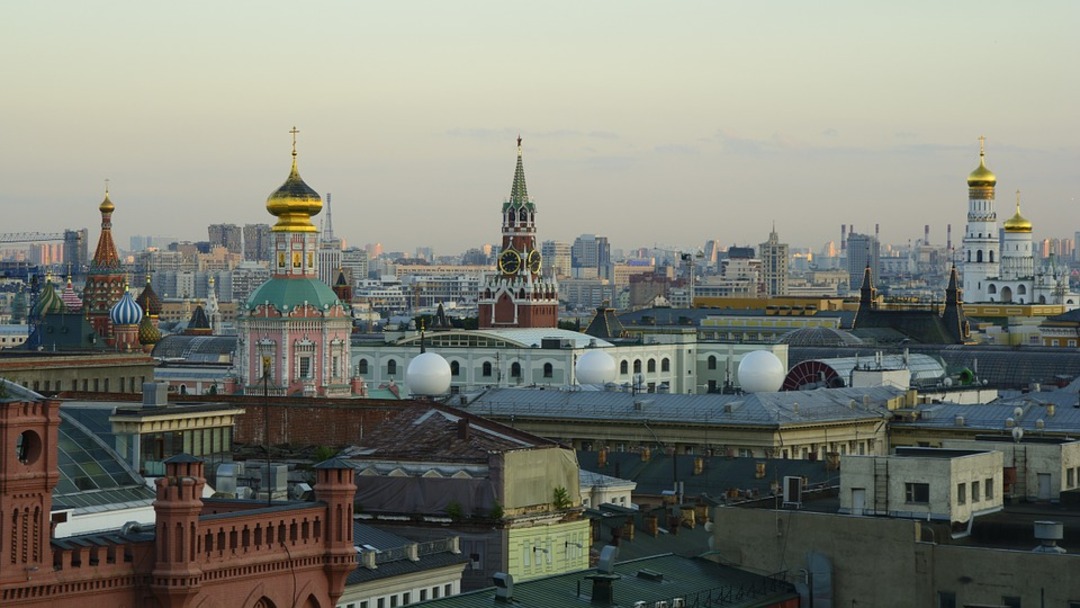
German Chancellor Olaf Scholz rejected a proposal by several European countries for an EU-wide halt to issuing tourist visas to Russian citizens on the sidelines of a meeting Monday in Oslo with the leaders of Nordic countries.
Scholz said it is important to "remember the many refugees who have fled Russia" are Kremlin critics and that Russia's invasion of Ukraine is President Vladimir "Putin's war" and "not the Russian people's.”
He added: "It is important to us to understand that there are a lot of people fleeing from Russia because they are disagreeing with the Russian regime.”
Finnish Prime Minister Sanna Marin on the other hand said Russian citizens should not be allowed in the EU as long as the Russian military "kills people in Ukraine."
Baltic EU members Lithuania and Estonia have already issued a ban on Russian tourist visas and have called on other EU states to follow suit.
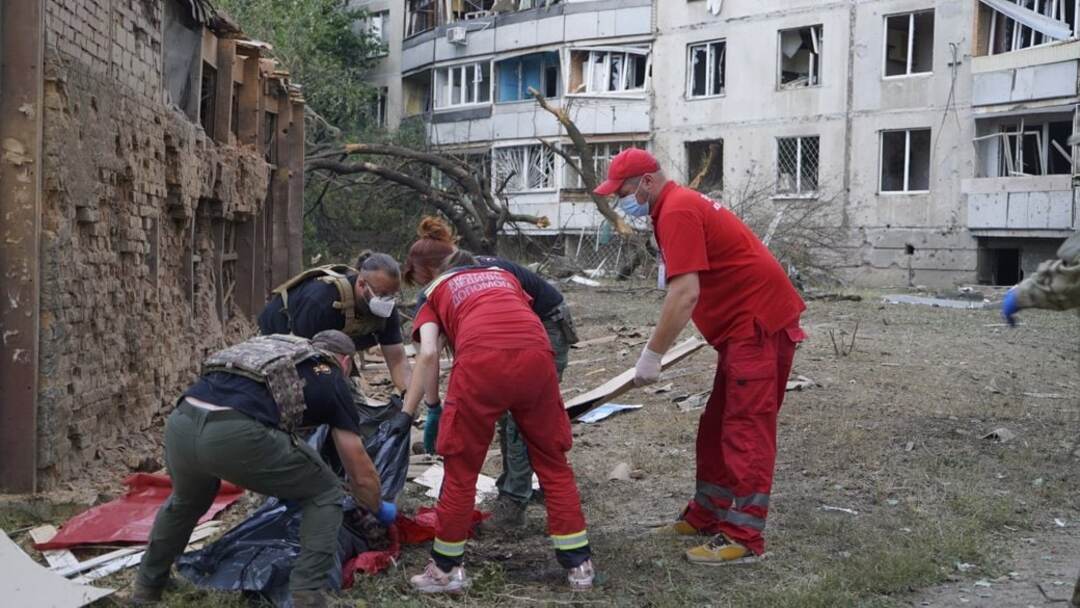
Estonian Prime Minister Kaja Kallas tweeted last week that “Visiting #Europe is a privilege, not a human right.” She argued that it is now “time to end tourism from Russia.”
On Friday (August 12), the Czech Republic, which currently holds the rotating presidency of the EU, backed the proposal for an EU-wide visa ban for Russian citizens.
EU presidency backs visa ban for Russian citizens
The EU has slapped seven sets of sanctions on Russia over the Ukraine war, targeting, among others, Putin and Foreign Minister Sergey Lavrov.
The measures also include economic sanctions such as banning gold, oil and coal imports and export of luxury goods, as well as excluding Russian and Belarusian banks from the SWIFT international payment system.
levantnews-aa
You May Also Like
Popular Posts
Caricature
BENEFIT Sponsors BuildHer...
- April 23, 2025
BENEFIT, the Kingdom’s innovator and leading company in Fintech and electronic financial transactions service, has sponsored the BuildHer CityHack 2025 Hackathon, a two-day event spearheaded by the College of Engineering and Technology at the Royal University for Women (RUW).
Aimed at secondary school students, the event brought together a distinguished group of academic professionals and technology experts to mentor and inspire young participants.
More than 100 high school students from across the Kingdom of Bahrain took part in the hackathon, which featured an intensive programme of training workshops and hands-on sessions. These activities were tailored to enhance participants’ critical thinking, collaborative problem-solving, and team-building capabilities, while also encouraging the development of practical and sustainable solutions to contemporary challenges using modern technological tools.
BENEFIT’s Chief Executive Mr. Abdulwahed AlJanahi, commented: “Our support for this educational hackathon reflects our long-term strategic vision to nurture the talents of emerging national youth and empower the next generation of accomplished female leaders in technology. By fostering creativity and innovation, we aim to contribute meaningfully to Bahrain’s comprehensive development goals and align with the aspirations outlined in the Kingdom’s Vision 2030—an ambition in which BENEFIT plays a central role.”
Professor Riyadh Yousif Hamzah, President of the Royal University for Women, commented: “This initiative reflects our commitment to advancing women in STEM fields. We're cultivating a generation of creative, solution-driven female leaders who will drive national development. Our partnership with BENEFIT exemplifies the powerful synergy between academia and private sector in supporting educational innovation.”
Hanan Abdulla Hasan, Senior Manager, PR & Communication at BENEFIT, said: “We are honoured to collaborate with RUW in supporting this remarkable technology-focused event. It highlights our commitment to social responsibility, and our ongoing efforts to enhance the digital and innovation capabilities of young Bahraini women and foster their ability to harness technological tools in the service of a smarter, more sustainable future.”
For his part, Dr. Humam ElAgha, Acting Dean of the College of Engineering and Technology at the University, said: “BuildHer CityHack 2025 embodies our hands-on approach to education. By tackling real-world problems through creative thinking and sustainable solutions, we're preparing women to thrive in the knowledge economy – a cornerstone of the University's vision.”
opinion
Report
ads
Newsletter
Subscribe to our mailing list to get the new updates!



